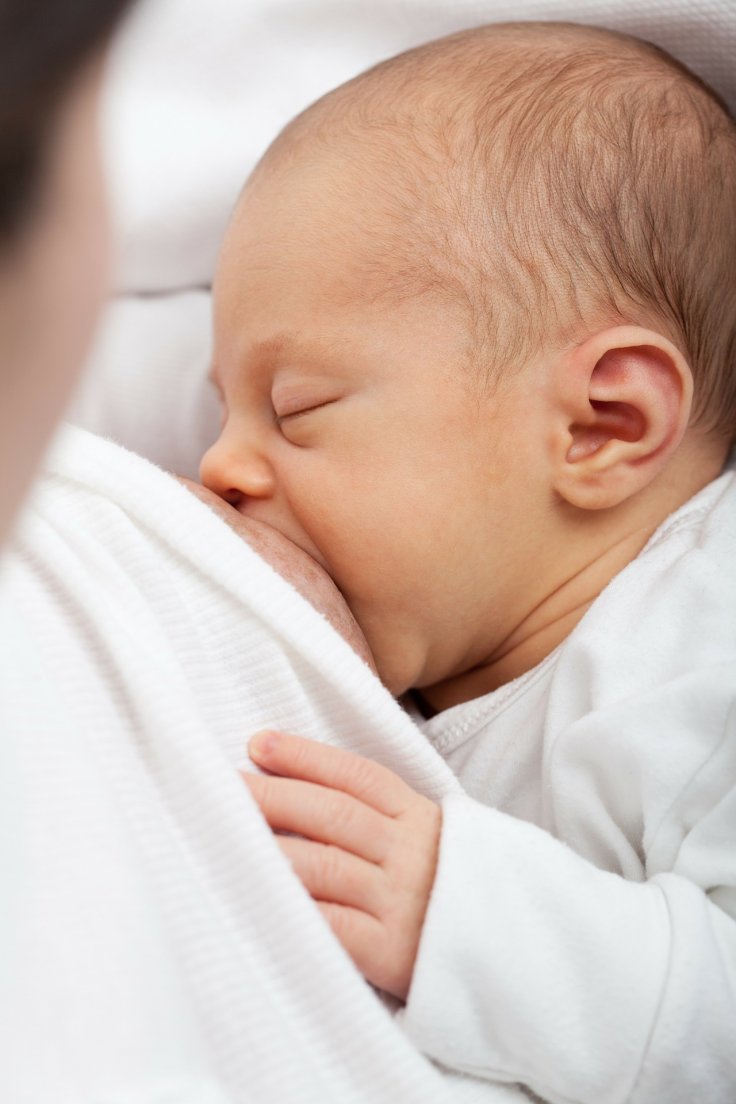The Coronavirus pandemic has caused widespread rumors and fears among people. The World Health Organization (WHO) has quelled one such fear for new mothers, saying that breastfeeding does not transmit the virus and the benefits outweigh the risks.
In many instances, new mothers who have tested positive for COVID-19 have stopped breastfeeding fearing that their newborn babies might be infected with the virus. A study was done by German researchers who also found that breastmilk could contain the virus.
But contrary to the research, WHO Director-General Dr Tedros Adhanom Ghebreyesus said that infants should not be separated from their mothers as it could have a negative impact on the child's health as live virus wasn't found in breastmilk. The study of the transmission of the virus also suggests that the disease is not severe among children.

Benefits of Breastfeeding Outweigh the Risks: WHO
WHO believes mothers with suspected or confirmed COVID-19 should instead be encouraged to continue breastfeeding to increase a child's immunity. "Breastmilk contains antibodies and other immunological benefits that can help protect against respiratory diseases," the WHO said in its report.
The world body also conducted a study in this regard in Wuhan, China, where the Coronavirus outbreak began. Researchers collected breastmilk samples from patients with confirmed COVID-19 mothers during their pregnancy. All the samples tested negative.
"Based on the available evidence, WHO's advice is that the benefits of breastfeeding outweigh any potential risks of transmission of COVID-19," Ghebreyesus said.

No Live Virus in Breastmilk
However, in a hospital in Germany when a group of researchers collected breastmilk samples from two women who tested positive, the virus was found in one. To prevent accidental contamination, the nipples were disinfected before collecting the samples using a pump.
As per co-author of the research Jan Münch, professor at the Institute of Molecular Virology at Ulm University, Germany, the samples were analyzed to detect the virus' RNA or genetic material. The sample from the first subject (mother) tested negative each time on three occasions but the test result from the second mother came back positive along with her baby, Münch told Newsweek.
The researchers, however, could not conclude if the baby caught the virus from the mother or had a different mode of transmission. "I think that asymptomatic mothers do not shed the virus into milk and would still recommend breastfeeding," Münch said, adding that symptomatic and positive mothers should get it tested before breastfeeding.
"An alternative could be pasteurization, however, it has not yet been demonstrated that this procedure inactivates the virus," Münch further added.
However, as per Dr Anshu Banerjee, a senior advisor in WHO's Department of Reproductive Health and Research, said that fragments of the virus found in breastmilk wasn't live. Thus, "the risk of transmission from mother to child so far has not been established".
As the virus continues to spread and mutate, Ghebreyesus said more study is required to arrive at a final conclusion.









